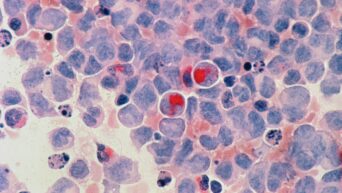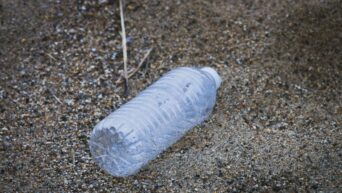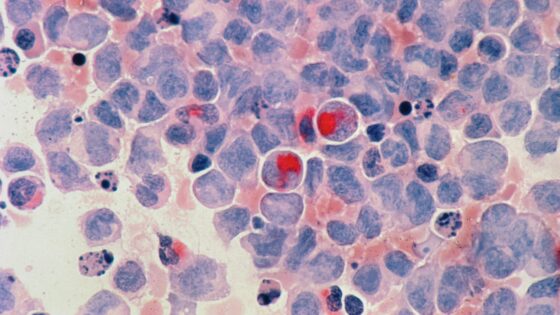
Credit: Michalea King
Snowfall can longer restore what has been lost.
The second largest ice sheet in the entire world is in Greenland. The aptly-named Greenland Ice Sheet has been gradually losing its ice mass for years now due to ongoing climate change. Thankfully, it snows a lot in Greenland, so as long as it doesn’t get too hot, the snow should be able to gradually restore any ice that is lost. Unfortunately, it has officially gotten too hot.
According to a study from Ohio State University, the Greenland Ice Sheet has officially melted past the point of no return. The world has gotten so hot, that even if the temperature were to stop rising now, the Ice Sheet’s melting would still be too rapid for regular snowfall to restore.
“What we’ve found is that the ice that’s discharging into the ocean is far surpassing the snow that’s accumulating on the surface of the ice sheet,” study co-lead Michalea King said in a press release.

Credit: SciTechDaily
The fact that an entire ecosystem is gradually disappearing is tragic enough in itself, but the amount of water that melting ice is depositing into the ocean can present a very real threat to humanity in the future. The sheet’s melting ice is already one of the leading contributors to worldwide sea level rises, with its current rate of melting adding as much as 2.75 inches to the global sea level in the next 80 years. If the ice sheet were to melt entirely, then by the year 3000, the Earth’s oceans would be at least 23 feet higher, and that’s not even accounting for other large bodies of ice around the world. Coastal cities would be completely wiped out if the water level were to rise that much.
It’s not the end of the world just yet, though. While the Ice Sheet’s melting can no longer be effectively interrupted, if global climate change is dealt with, then the process can at least be slowed.
“We’ve passed the point of no return, but there’s obviously more to come,” the study’s other co-leader Ian Howat told CNN. “Rather than being a single tipping point in which we’ve gone from a happy ice sheet to a rapidly collapsing ice sheet, it’s more of a staircase where we’ve fallen off the first step but there’s many more steps to go down into the pit.”































